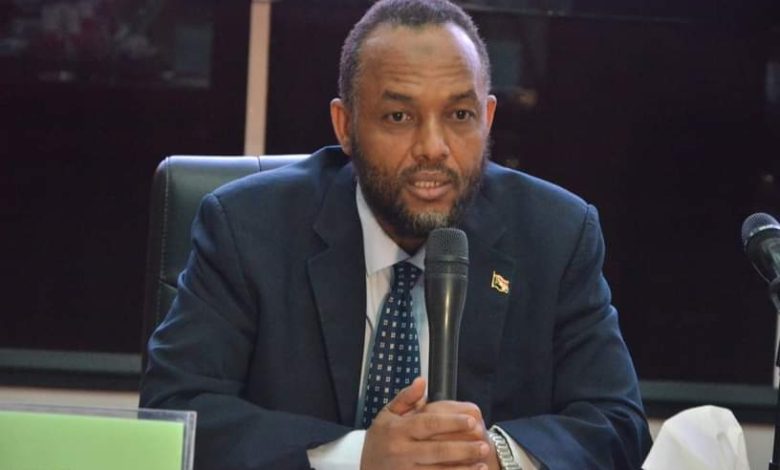Minister of Health: Monthly cost of kidney Medications is $2.5 million.

Sudan Events- Follow ups
Federal Minister of Health, Dr. Haitham Mohamed Ibrahim, continued to provide health services to citizens in all states of the country, including free treatment services for kidney diseases and cancer, diagnostic and therapeutic cardiac catheterization for heart diseases, and children under five, noting that the ministry worked to provide free treatment for them, especially kidney diseases and cancer, as the monthly cost of purchasing kidney medications reached $2.5 million , and the number of patients undergoing kidney dialysis reached eight thousand patients, while the number of patients who underwent kidney transplantation reached four thousand patients receiving free treatment, adding: Most of the kidney centers in the states are operating, such as Khartoum and Gezira and the ministry provides kidney medications for free even in areas controlled by the Rapid Support Forces RSF , and that our kidney dialysis centers are completely stable and we have made arrangements to provide kidney dialysis solutions for three months in coordination with the World Health Organisation WHO and the King Salman Center for Relief and Humanitarian Action, and he continued by saying that the ministry and the center will introduce 100 new kidney dialysis machines and that arrangements are underway to establish a kidney transplant center in the Red Sea State, and he added by saying that Sudanese kidney transplant patients abroad have been provided and purchased with medications for an amount of $ 60 million .and that the National Center for Kidney Diseases and Surgery .
He created an electronic registry for patients with all their information, and created a database.
The Minister revealed, in the Sudan TV Forum program, that arrangements are underway to send 30 tons of basic needs of medicines, intravenous solutions and medical supplies to El Fasher Hospital via airdrop by the Sudanese Armed Forces SAF noting that the previous airdrop (20 tons of intravenous solutions and various medicines) was successful and with minor damage that did not exceed four intravenous drips and two injections of quinine medications for treating malaria.
He added that we expected the damage to be large and reach seven tons, but thank Allah all the medicines arrived, and that we resorted to the supply plan via airdrop because the land routes have difficulties in delivering medicines through to Tina land crossing to El Fasher and that the need was great in El Fasher hospitals, and that the entry of these supplies takes time and that we need to airdrop quickly after communicating with the health cadres in El Fasher and that our conversation with them requires sending these supplies.
He added that if necessary, we can do an airdrop to treat the injured from Wad El Noura village, but the plane reaches El Managil.
Haitham pointed out that a large number of hospitals were out of service in the states of Khartoum, Darfur, and Gezira noting that the number of wounded in the events of Wad Al-Nura village reached more than 70 wounded and the number of martyrs reached 102 martyrs.
He added that there is great pressure on the Al-Manaqil and South Gezira hospitals, and that medicines have been sent to the localities of Al-Manaqil and South Gezira.
The Minister pointed out that there are more than 12,000 cancer patients receiving free treatment after the Gezira Center went out of service in five treatment centers in Khartoum and the Social Security Hospital Center in Merowe Medical City, noting that the free treatment was provided by the Federal Ministry of Finance, addition to the Saudi-Kuwaiti initiative that provided refrigerated cancer medications.
He continued by saying that the third free treatment is for patients undergoing diagnostic and therapeutic catheterization for heart disease in Merowe, Dongola, Port Sudan and Al-Abyad, where the cases treated during the past two months amounted to 170 cases with the support of the Federal Ministry of Finance.
He added that the Ministry of Finance began supporting health insurance services for citizens and the patient paid a quarter of the value, as health insurance services began to return in health centers and hospitals in the states of the Red Sea, Gezira, Sennar, White Nile, Northern, and River Nile, exceeding 700 health institutions.



